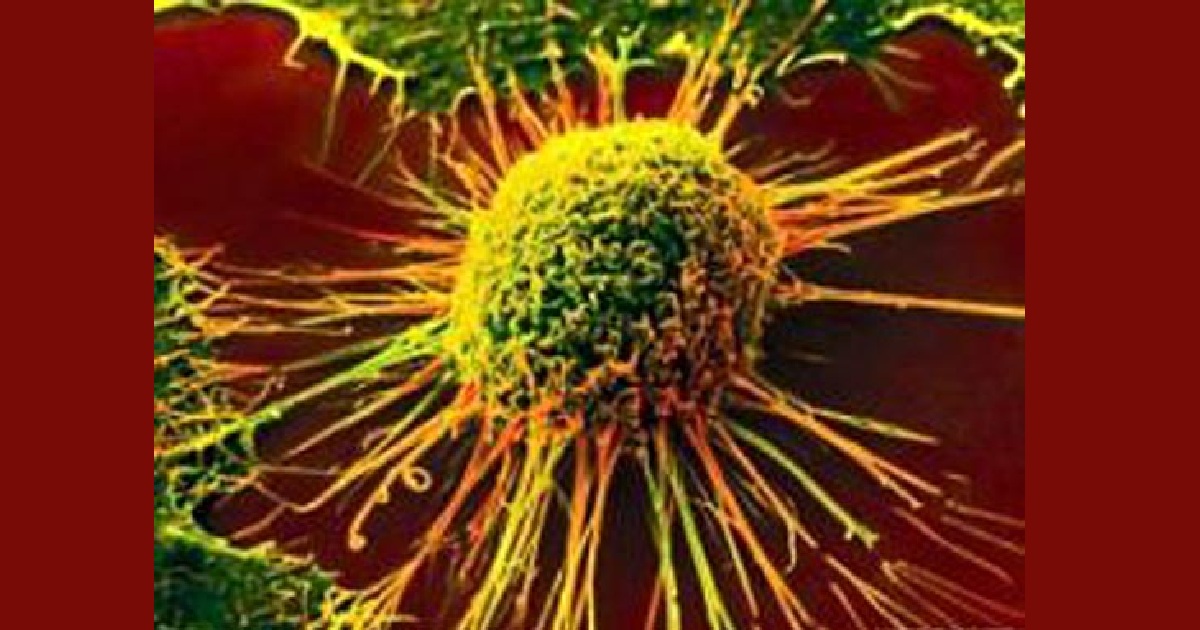Precision medicine for pediatric cancer considering the implications for diagnosis and treatment
Medical Xpress | March 15, 2019

Research performed over the last several decades has led to an increased understanding of the genetics of cancer. The clinical application of this knowledge for pediatric cancer has lagged behind studies performed for adults. In a perspectives article published in the prestigious journal Science, Dr. Jaclyn Biegel, from Children's Hospital Los Angeles, and Dr. Alejandro Sweet-Cordero, of the University of California, San Francisco, survey the landscape of this young field and present opportunities for using genomic information to advance a new era of care for children with cancer. Cancer arises from genetic changes, including DNA mutations, that are either present at birth or are acquired over time. Many adult cancers are initiated by mutations acquired through exposure to substances like smoking and radiation or simply from aging. The tumors may contain hundreds of sequence alterations, and identifying which changes drive the growth of the tumors, and impact treatment response can be challenging. In contrast, pediatric malignancies often develop from a very small number of mutations, only some of which overlap with the types of mutations seen in adult cancers. Furthermore, an estimated 20% of pediatric cancers arise in children who have a genetic predisposition to malignancy. For this reason, the clinical genetic assays developed to inform prognosis and treatment decisions for adult cancers have not been as useful in pediatrics.